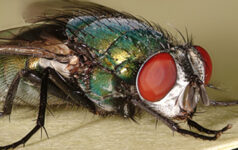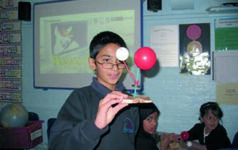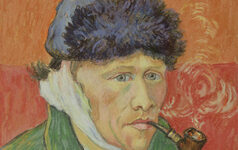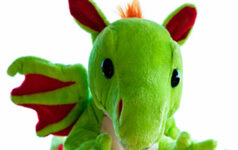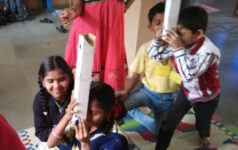Forensic entomology: activities for schools
Many of you were fascinated (and disgusted!) by the article about forensic entomology in our last issue. Paula Starbäck, the reviewer, suggested that it would be a fascinating activity for students, if only someone could find a way to avoid the terrible smell. We challenged you to come up with a…

